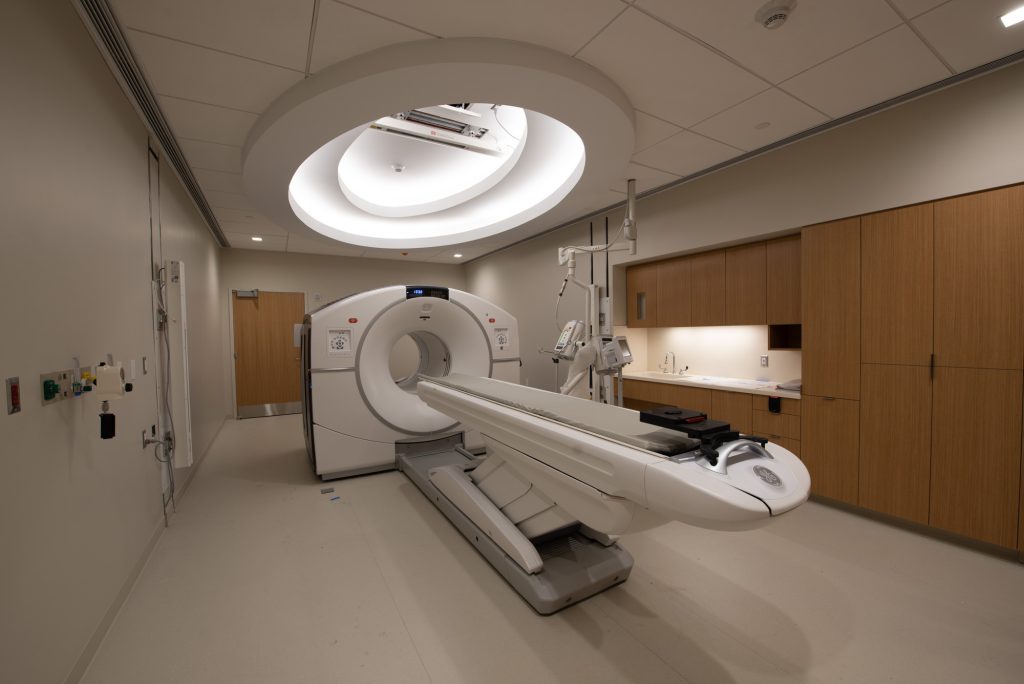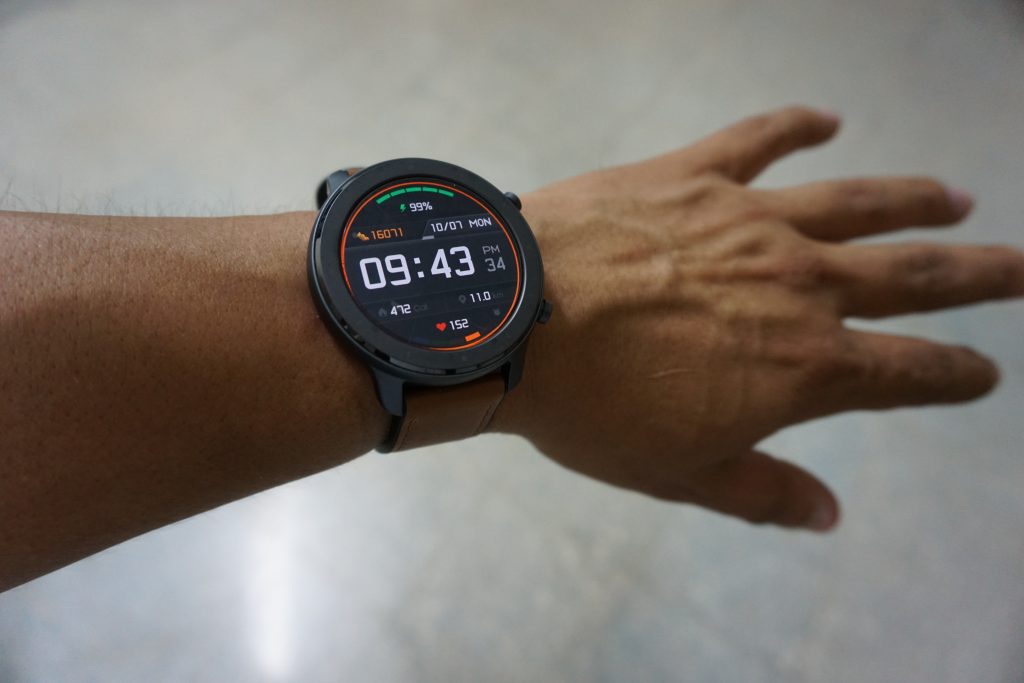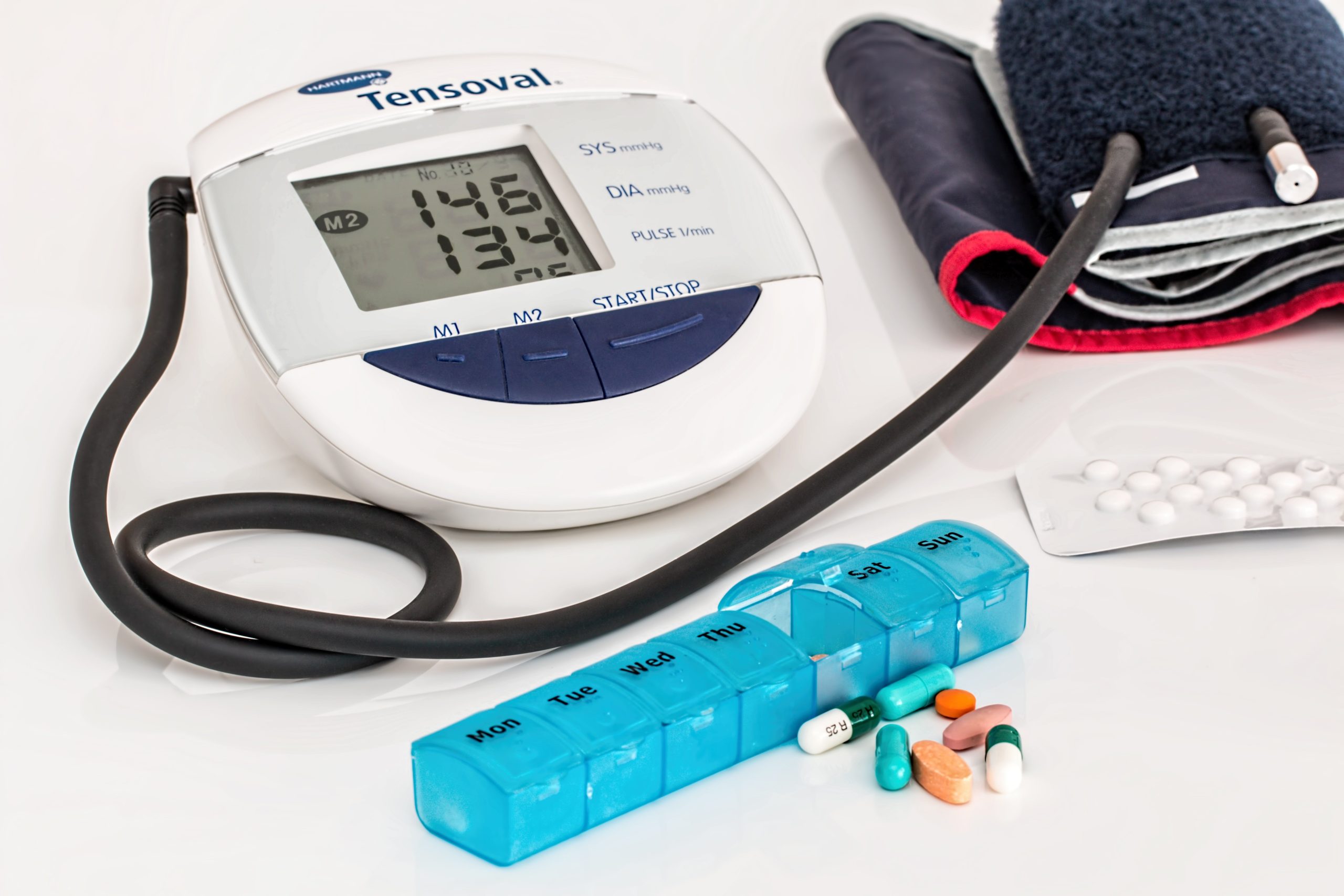Healthcare is on the brink of a technological revolution. Innovations like AI, quantum computing, and precision medicine are not just ideas for the future—they’re reshaping how we diagnose, treat, and prevent diseases today. Here’s a glimpse into the top 10 technologies set to transform healthcare in 2025 and beyond:
1. AI Meets Precision Medicine: Tailored Care Like Never Before
Artificial Intelligence (AI) and precision medicine are a match made in medical heaven. With AI crunching vast amounts of patient data, treatments can now be tailored to an individual’s genetic makeup, lifestyle, and even environmental factors.
Take Memorial Sloan Kettering Cancer Center in New York, for example. Their AI systems analyze millions of cases to recommend treatments specific to each patient.

Oncologists can pinpoint genetic mutations driving cancer, choosing therapies with over 90% accuracy in predicting outcomes. The result? Improved survival rates and reduced healthcare costs.
AI’s impact extends beyond cancer care. It’s revolutionizing chronic disease management by predicting complications like diabetes years in advance, allowing for timely interventions.
2. Brain-Computer Interfaces (BCIs): Turning Thought into Action
Brain-Computer Interfaces are no longer the stuff of sci-fi. These devices enable communication between the brain and external systems, offering hope to patients with neurological conditions. In 2025, BCIs will restore mobility to those with paralysis and offer new treatments for diseases like Parkinson’s.
Companies like Neuralink and Synchron are leading the way, developing implantable and minimally invasive BCIs. Patients can control robotic limbs with their thoughts or receive neurostimulation for mental health conditions like PTSD.
3. Smart Implants: Internal Wearables That Do More
Say goodbye to traditional implants. Smart implants now monitor vital signs, detect early complications, and even deliver real-time interventions.

A cardiac implant might correct an irregular heartbeat in milliseconds, while orthopedic implants track joint health and healing progress. These devices connect wirelessly to healthcare systems, enabling seamless remote monitoring and better post-surgery care.
4. Wearables Beyond Fitness: Your Body’s Personal Lab
Today’s wearables do more than count steps. Advanced devices continuously monitor blood pressure, glucose levels, and even stress hormones.

They integrate with healthcare systems to alert doctors of irregularities in real time. For chronic diseases like hypertension, these wearables allow precise medication adjustments, improving patient outcomes.
5. Genomics and Gene Editing: Rewriting Life’s Blueprint
The cost of genetic sequencing has plummeted, making it accessible to millions. Technologies like CRISPR-Cas9 now allow precise editing of faulty genes, offering hope for conditions like sickle cell disease.

Personalized treatments based on a person’s genetic profile are becoming the norm, transforming cancer care and preventive medicine.
6. Microbiome Research: Gut Health Gets Personal
Your gut isn’t just about digestion—it’s key to your overall health. Advances in microbiome research are uncovering how gut bacteria influence immunity, mental health, and more.
Personalised probiotics and treatments based on microbiome analysis are offering new solutions for chronic conditions like inflammatory bowel disease.
7. Quantum Computing: Solving Healthcare’s Biggest Puzzles
Quantum computing is taking healthcare problem-solving to the next level. From accelerating drug discovery to enhancing medical imaging, this technology promises breakthroughs that were once unimaginable. For example, quantum-powered MRIs could detect early-stage cancers invisible to current systems.
8. Immersive Healing with VR and AR
Virtual Reality (VR) is revolutionizing pain management, mental health treatment, and rehabilitation. Patients report up to a 40% reduction in pain using VR therapy. Meanwhile, Augmented Reality (AR) is transforming medical education and surgical planning, allowing doctors to visualize procedures like never before.
9. 3D Bioprinting: Custom Organs on Demand
3D printing isn’t just for prosthetics anymore. Bioprinters can now create custom tissues and organs, offering hope to patients on transplant waiting lists.
These advancements could drastically reduce shortages and save countless lives.
10. Telemedicine and Remote Monitoring: Closing the Gap
Telemedicine has become a cornerstone of modern healthcare, especially post-pandemic. Combined with remote monitoring devices, it enables doctors to provide timely care to patients anywhere in the world.

This approach improves access and reduces healthcare disparities, especially in underserved areas.
Conclusion: A Healthier Tomorrow, Today
The future of healthcare is bright, with technology at its heart. As these innovations become more integrated, they promise a world where treatments are faster, more effective, and accessible to all. The revolution isn’t coming—it’s already here.




















+ There are no comments
Add yours